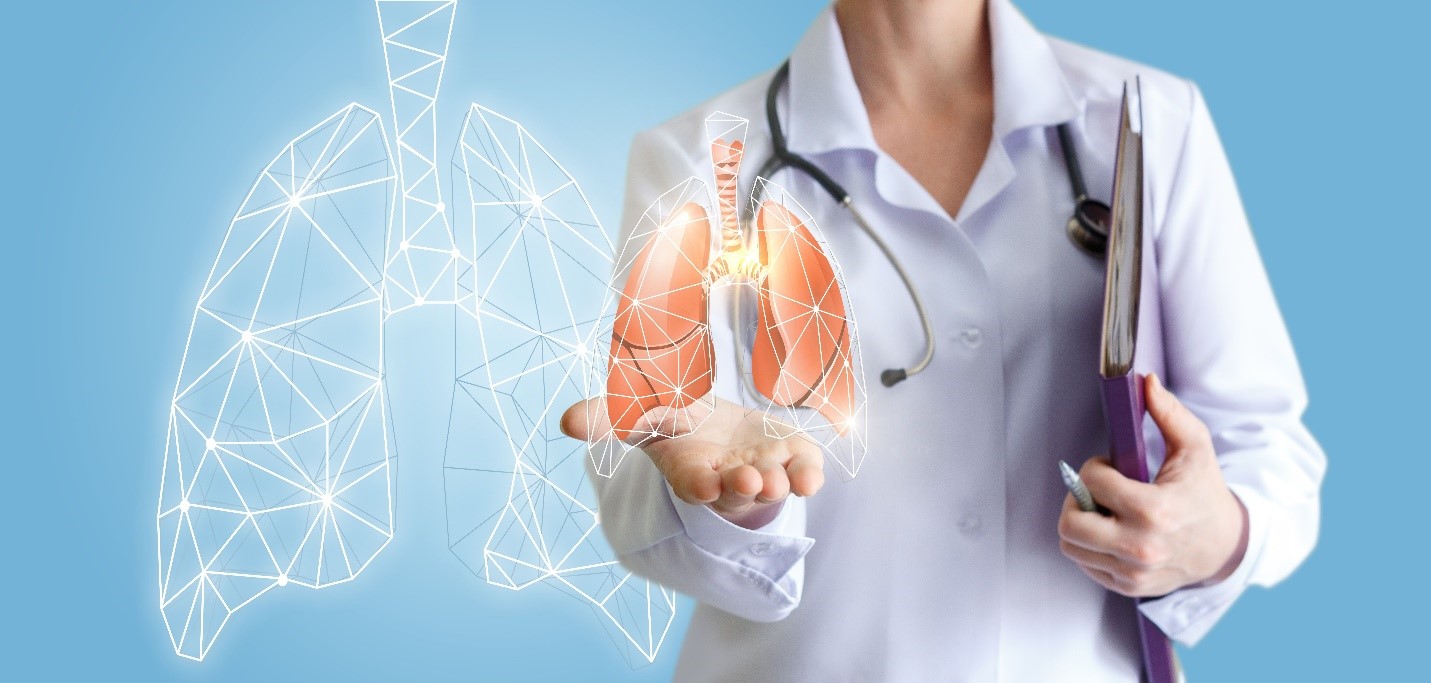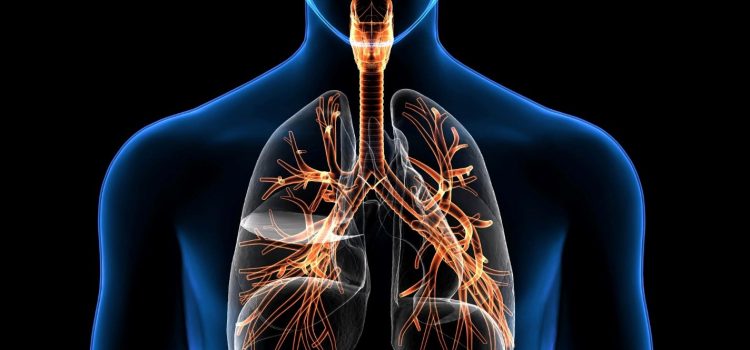
Respiratory diseases encompass a wide range of conditions that affect the lungs and other parts of the respiratory system. They include chronic obstructive pulmonary disease (COPD), asthma, pulmonary fibrosis, and lung infections such as pneumonia. Recent advances in medical research and technology have led to significant improvements in the diagnosis, treatment, and management of these conditions. This article will explore the latest developments in respiratory disease treatments, focusing on innovative therapies, precision medicine, and cutting-edge technologies.
Precision Medicine and Personalized Treatment Plans
Precision medicine has revolutionized the approach to treating respiratory diseases by tailoring medical treatments to individual patient characteristics. This approach considers genetic, environmental, and lifestyle factors to develop personalized treatment plans.
Genomic Sequencing
Genomic sequencing has enabled researchers to identify specific genetic mutations associated with various respiratory diseases. For instance, in cystic fibrosis, the identification of the CFTR gene mutation has led to the development of targeted therapies such as ivacaftor and lumacaftor. These drugs specifically address the underlying genetic cause, improving lung function and quality of life for patients.
Biomarkers
The use of biomarkers in respiratory disease management has also gained traction. Biomarkers such as blood eosinophil counts and fractional exhaled nitric oxide (FeNO) levels are now used to guide treatment decisions in asthma. These biomarkers help clinicians determine the most effective therapy, whether it be corticosteroids or biologics, thereby reducing exacerbations and improving overall disease control.
Biologic Therapies
Biologic therapies have emerged as a promising treatment option for patients with severe respiratory diseases who do not respond to conventional treatments. These therapies target specific molecules involved in the inflammatory pathways of respiratory conditions.

Monoclonal Antibodies
Monoclonal antibodies have shown great efficacy in treating severe asthma. Drugs like omalizumab, mepolizumab, and benralizumab target different pathways in the immune response, reducing inflammation and preventing asthma attacks. These biologics have been particularly beneficial for patients with eosinophilic asthma, a subtype characterized by high levels of eosinophils.
Interleukin Inhibitors
Interleukin inhibitors are another class of biologics that have shown promise in treating respiratory diseases. Dupilumab, an interleukin-4 receptor alpha antagonist, has been approved for the treatment of moderate-to-severe asthma and has demonstrated significant improvements in lung function and reduction in exacerbations.
Advances in Inhalation Therapy
Inhalation therapy remains a cornerstone in the management of respiratory diseases, offering direct delivery of medication to the lungs with minimal systemic side effects. Recent advances in inhaler technology and formulation have enhanced drug delivery and patient adherence.
Smart Inhalers
Smart inhalers are equipped with sensors that monitor medication usage and provide real-time feedback to patients and healthcare providers. These devices can track inhaler technique, usage patterns, and adherence, allowing for personalized interventions to improve treatment outcomes. Studies have shown that smart inhalers can significantly reduce hospitalizations and emergency visits in patients with asthma and COPD.
Nanoparticle-based Inhalation
Nanoparticle-based inhalation therapies are being explored to improve drug delivery and efficacy. These nanoparticles can encapsulate drugs, protecting them from degradation and enhancing their absorption in the lungs. For example, nanoparticle formulations of corticosteroids and bronchodilators have shown improved lung deposition and prolonged therapeutic effects in preclinical studies.
Regenerative Medicine and Stem Cell Therapy
Regenerative medicine and stem cell therapy hold great promise for repairing and regenerating damaged lung tissue in patients with chronic respiratory diseases.
Mesenchymal Stem Cells
Mesenchymal stem cells (MSCs) have been extensively studied for their regenerative potential in lung diseases. These cells can differentiate into various cell types and secrete anti-inflammatory and immunomodulatory factors. Clinical trials have demonstrated that MSC therapy can reduce inflammation, promote tissue repair, and improve lung function in patients with COPD and pulmonary fibrosis.

Induced Pluripotent Stem Cells
Induced pluripotent stem cells (iPSCs) offer another avenue for regenerative medicine. iPSCs are derived from adult cells and can be reprogrammed to become any cell type, including lung epithelial cells. Researchers are exploring the use of iPSCs to generate lung tissue for transplantation and to model respiratory diseases for drug testing and development.
Telemedicine and Digital Health
The integration of telemedicine and digital health technologies has transformed the management of respiratory diseases, particularly in the context of the COVID-19 pandemic.
Remote Monitoring
Remote monitoring devices, such as spirometers and pulse oximeters, enable patients to track their lung function and oxygen levels from home. These devices transmit data to healthcare providers, allowing for timely interventions and adjustments to treatment plans. Remote monitoring has been shown to improve disease management and reduce hospitalizations in patients with chronic respiratory diseases.
Teleconsultations
Teleconsultations have become an essential tool for providing care to patients with respiratory diseases, especially during the pandemic. Virtual visits allow healthcare providers to assess symptoms, review medication adherence, and provide education and support without the need for in-person visits. This approach has increased access to care and reduced the burden on healthcare systems.
Conclusion
The field of respiratory disease treatment has witnessed remarkable advancements in recent years, driven by innovations in precision medicine, biologic therapies, inhalation technology, regenerative medicine, and digital health. These developments have not only improved the efficacy of treatments but also personalized care for patients, leading to better disease management and quality of life. As research continues to evolve, the future holds even greater promise for individuals living with respiratory diseases.










